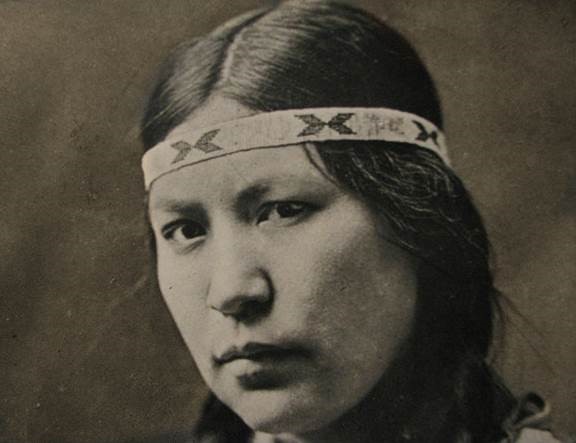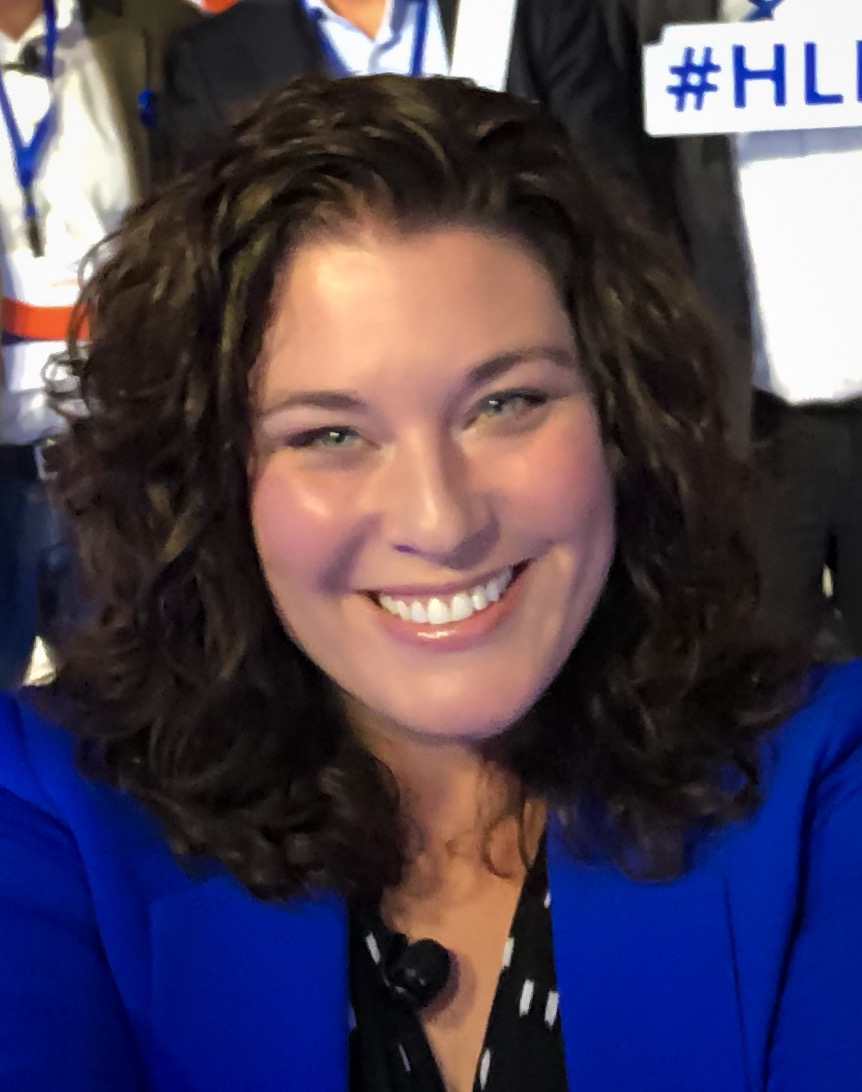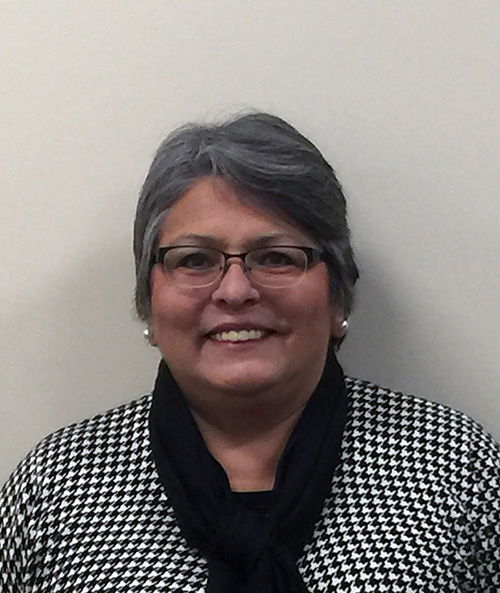
What better way for us to celebrate the end of November Native American Heritage Month than by reviewing their historical influence in medicine in relation to biotech.
Native American (NA) traditional healing is identified by the NIH National Center for Complementary and Alternative Medicine (NCCAM) “as a whole medical system that encompasses a range of holistic treatments used by indigenous healers for a multitude of acute and chronic conditions or to promote health – The ideal state of wellbeing requires a close connection to the earth and living in harmony with the environment.”
Many plants used by Native Americans have provided derivatives for many modern medications. According to NCCAM, more than 120 drugs prescribed by doctors today were first made from plant extracts. Here are some examples:
- Cascara sagrada (Rhanimus purshiana): laxative
- Dogbane (Apocynum androsaemifolium): to treat edema secondary to renal failure
- Foxglove (Digitalis purpurea): to treat heart failure
- Salicin (Salix nigra): metabolizes to salicylic acid, main ingredient in aspirin
- Sassafras (Sassafras albidum): antihelmintic, anticoagulant, antidiarrheal, and antiemetic
All tribal communities used plant extracts. Some were innovative and used the hollowest bones as syringes. Health and wellness have their historical beginnings in Native American culture. This profound respect is embedded in Corning’s DNA and they express it their best practices and policies, as I quickly found out when I interviewed Rita Shauger, Founder of the Corning Native American Council Employee Resource Group, who is also the diversity coordinator at Corning in the office of Global Diversity & Inclusion.
- Why is it important to Corning Life Sciences to have a Native American ERG?
It is important to Corning as whole. At Corning, we understand that our employees need ways to meet their colleagues and network as they learn about our company and integrate themselves into our corporate culture. One of the best ways to do this is by joining an Employee Resource Group (ERG), like the Native American Council. We offer a total or 17 Employee Resource Groups to all Corning employees in Corning NY and another 34 groups globally. These groups are open to all Corning employees including those employees in our Life Sciences division.
- In your opinion, is the employment environment improving for Native Americans at the senior executive/CXO/board level?
We have a very small representation of Native American employees in the senior level management area. Native American Council at Corning has partnered with our Talent Acquisition group to recruit Native Americans to work at Corning. This practice has been an on-going one for 18+years. I also wish I could tell you that there has been great success. There has been limited success, but the process continues, and time and energy are spent on hiring more Native American candidates. The most difficult part is identifying qualified candidates for any of our businesses, including Life Sciences. The Native American population is less than 1% of this country and when the talent pool is so small to begin with it makes the search a bit more tedious. With all of that I would like to say that our Native American Council plays an import role in the recruitment and retention of our Native American employees.
Another MassBio member organization that ‘walks the walk’ is Sobi North America. They have demonstrated that building an inclusive team across different ages, genders, backgrounds and viewpoints is a critical part of how they do business and makes them stronger as well as exemplary leaders in the life sciences industry. I reached out to Sobi’s Lora Marden, U.S. Marketing Director and member of the Wampanoag Tribe of Aquinnah (Martha’s Vineyard, MA), to find out what’s it like to be Native American working in biotech. She shared the following:
As a Native American woman working in Biotech, I feel lucky to have had access to phenomenal mentors and sponsors who supported my growth and development, as well as opportunities to participate in formal leadership programs, over my 14-year career – first at Genzyme, then Alnylam, and now Sobi North America. It’s important to help younger generations understand that working in Biotech, and other STEM roles, is a natural fit for someone with a Native American background – we come from a long line of strategic thinkers, great leaders, early engineers, scientists, and healers/medicine men.
Story telling is another important part of many Native American cultures, including the Wampanoag. I was raised listening to stories of Moshup, a benevolent being who was responsible for shaping the island of Martha’s Vineyard and causing thick fog to roll in from the ocean when he smoked his pipe – this translates perfectly into my role as a Director of Marketing in Biotech. A key part of my team’s role is to help tell the story of our brand, and how it works, to help educate physicians, patients, caregivers, and payers.
 In the 1920s, Mourning Dove or Christine Quintasket of the Salish Tribe wrote, “Everything on the earth has a purpose, every disease an herb to cure it, and every person a mission. This is the Indian theory of existence.” It applies as much then as it does today. Whether those in today’s field of healthcare, medicine, biotech or medical device realize it or not, Native American contributions are a part of its heritages, and a great deal of appreciation is owed.
In the 1920s, Mourning Dove or Christine Quintasket of the Salish Tribe wrote, “Everything on the earth has a purpose, every disease an herb to cure it, and every person a mission. This is the Indian theory of existence.” It applies as much then as it does today. Whether those in today’s field of healthcare, medicine, biotech or medical device realize it or not, Native American contributions are a part of its heritages, and a great deal of appreciation is owed.
Mourning Dove Photo courtesy: Confederated Salish and Kootenai Tribes of the Flathead Nation
About our Contributors:
Lora Marden, Director, U.S. Marketing at Sobi North America
 Lora has 15 years of experience working in the rare disease biotech space and social services. She has held various leadership roles in biotech, on both the commercial and medical affairs side, including Patient Services, Product Management, Operations, Patient Advocacy, and Marketing, and is currently the Director of U.S. Marketing for Gamifant at Sobi North America. Lora is also a member of the Wampanoag Tribe of Aquinnah and spends time supporting underserved youth in the community.
Lora has 15 years of experience working in the rare disease biotech space and social services. She has held various leadership roles in biotech, on both the commercial and medical affairs side, including Patient Services, Product Management, Operations, Patient Advocacy, and Marketing, and is currently the Director of U.S. Marketing for Gamifant at Sobi North America. Lora is also a member of the Wampanoag Tribe of Aquinnah and spends time supporting underserved youth in the community.
Rita Shauger, Diversity Coordinator, Diversity & Inclusion, Corning Incorporated
Rita Shauger joined Corning in March 2000 in Corporate Communications. As a Diversity Coordinator for Diversity & Inclusion, Rita is responsible for the development and creation of Employee Resource  Groups globally, is the primary lead for the Efficacy of Leadership training. She is also responsible for the completion and submission of several corporate level survey and award submissions.
Groups globally, is the primary lead for the Efficacy of Leadership training. She is also responsible for the completion and submission of several corporate level survey and award submissions.
In 2001 Rita established the Employee Resource Group, the Council of Indigenous People that is now known as the Native American Council. Rita has been recognized internally with the EDGE Excellence Award for Diversity in 2017 and recognized externally with Springboard’s Disability Matters Disability Champion Award in 2015 at their annual conference.